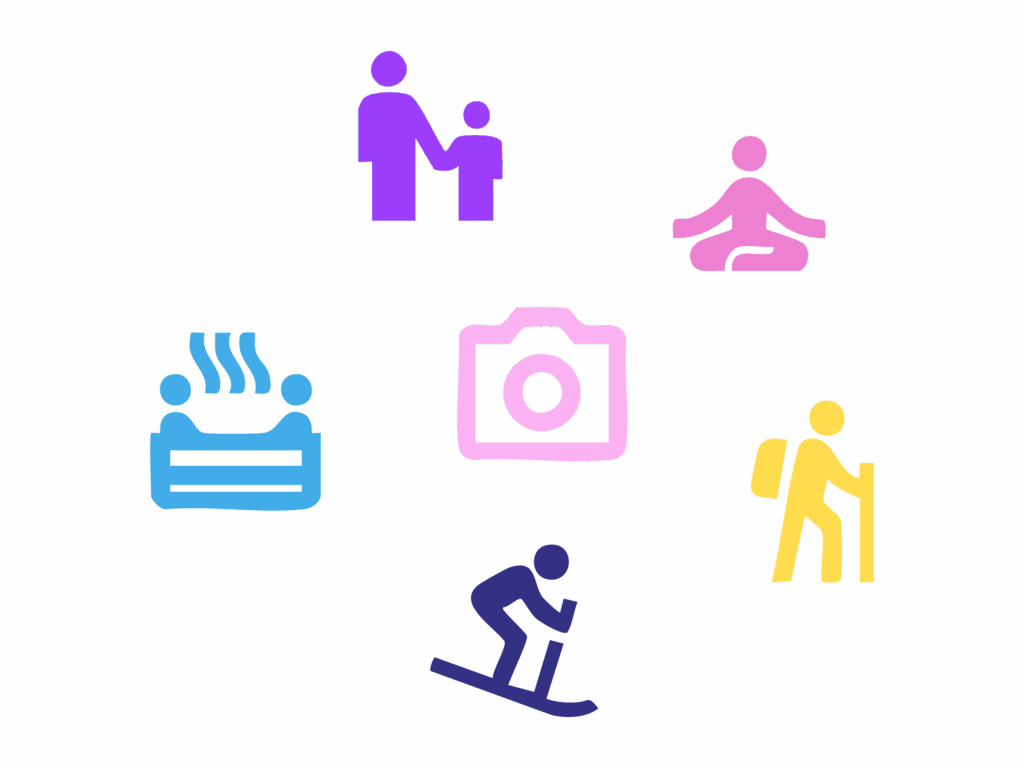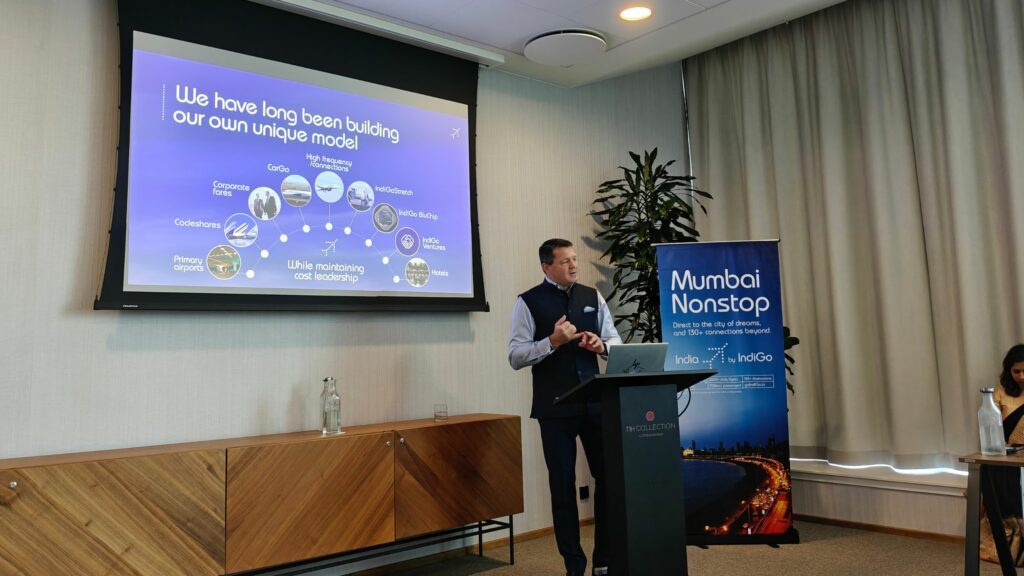The demand for companies to integrate AI into their strategy can be hard to navigate. Not least because the possible consequences of the choices you make today can be hard to predict. However, knowledge and data literacy only grow more important by the day. There is a discrepancy between on one hand the speed of which AI
technology is growing and on the other the creation of regulations that ensure safety and privacy. Because of this, the responsibility falls onto companies to
make informed choices, which is something we are also very conscious of at Related when using AI services in our work.
Data privacy: a growing concern
One of the major challenges with AI is data privacy. AI systems rely on large volumes of data to function, which raises concerns about how that data is handled and protected. Examples of problematic uses of AI in data privacy include:
- Tourism industry: Many airports are adopting facial recognition to speed up processes like boarding. However, this use of biometric data introduces ethical questions and concerns about bias, security risks, and the potential for identity theft.To help you get to know her better, we asked Mathilda a few questions:
- Facial recognition technology: Often criticized for racial bias, this technology is being used in various ways, from security systems to law enforcement. In China, AI-powered surveillance monitors citizens to predict potential criminal activity.
Think about what information you feed AI systems
As a company employee, one might think: “What does this have to do with me, and what is my responsibility in this?” It is important to ask oneself where the vast amounts of data that AI systems have access to come from – and what else they can be used for. Each time a person interacts with the internet, one is potentially contributing to these vast data pools, which in themselves become a currency that can be sold for problematic purposes, even if you’re just posting a picture of yourself on Facebook. The same applies when prompting on ChatGPT: the questions you ask help to train it, so it is relevant to consider what kind of data you are feeding it.
You should always ask yourself: what data am I currently providing to the AI? One should never share:
- Private pictures with faces
- Documents containing personal information
- Documents with non-public information about your own or other companies
Future opportunities – but be mindful of safe use
There are both good and bad sides to AI, which should be considered when using it, just like there is for any other technology. However, the issues we see are newer and still need further investigating, which is why the responsibility of safe use falls even more on the user.
While concerns of data privacy and lack of regulation are important to have, we cannot look past the massive benefits that AI also provides. In the field of travel and tourism, the use of AI is already beginning to show great improvements for sustainability, for example leading to considerably less food waste in hotels, and the future will only show us what more AI can do to help us solve similar issues.










